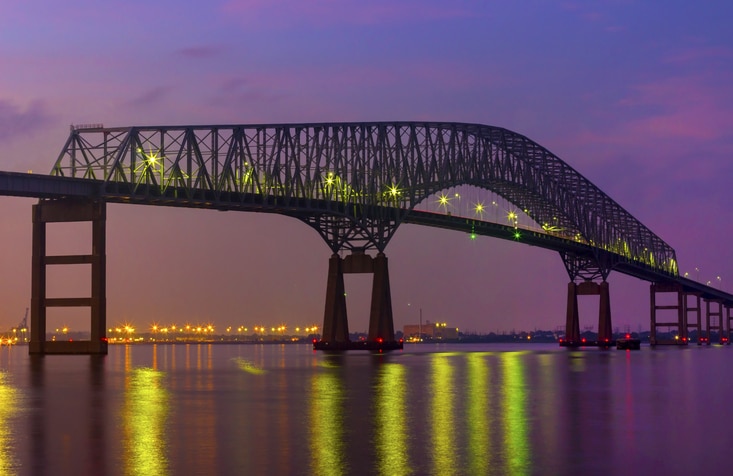Other U.S. East Coast ports are absorbing some of the traffic
U.S. Transportation Secretary Pete Buttigieg recently spoke about the Francis Scott Key Bridge collapse at the Port of Baltimore. Buttigieg reinforced that the port is hampered by the collapse and talked about what could be done to mitigate potential supply chain disruptions.
“It is an important port and an important part of the system of the East Coast ports,” Buttigieg told U.S. Department of Agriculture (USDA) journalist Rod Bain. “Now, a lot of the goods that came on or off there go as part of runs where ships also visit ports of New York, New Jersey and Virginia. Right now, there are already diversions taking place to those and other East Coast ports helping to absorb some of that need.”
Buttigieg said it’s more complicated to divert large farm equipment.
Buttigieg’s comments came a few days after senior leaders from the White House, USDA and U.S. Department of Transportation (DOT) hosted a meeting with federal, state, agricultural and food industry stakeholders to discuss the impacts on the agriculture and food sectors caused by the collapse of the Francis Scott Key Bridge and the partial closure of the Port of Baltimore. According to a USDA news release, the meeting included Alex Jacquez, special assistant to the president for Economic Development and Industrial Strategy at the National Economic Council; Andrew Petrisin, advisor for Multimodal Freight at DOT; and senior leadership from USDA.
The meeting followed a gathering convened by Buttigieg with ports, labor groups, and industry partners to address current and future supply chain disruptions stemming from the suspension of vessel traffic into and out of the Port of Baltimore. Additionally last week, the Biden-Harris Administration Supply Chain Disruptions Task Force metand shared analyses of sectors with significant activity through the Port of Baltimore.
During the meeting, representatives from the White House, USDA, and DOT provided an update on the developing situation, emphasizing the President’s commitment to reopening the port as soon as possible. They highlighted the federal government’s continued close monitoring of impacts on local, regional, and national supply chains, particularly given the Port’s importance to agricultural commodities and machinery, as well as impacts on workers associated with activities at the Port. They discussed ongoing preparations for wreckage cleanup and reopening operations, and provided a summary of Secretary Buttigieg’s meeting with ports, labor groups, and industry partners.
Participants from the Maryland state government emphasized the urgency of reopening the Port’s shipping lanes to minimize the impact on exports of local producers’ crops.
Participants from the food and agricultural sector noted they are working to collect further information from producers regarding direct and indirect impacts they have seen from the partial closure of the Port, as well as the need for the federal government to monitor operations at other East Coast ports as shipments are diverted.












